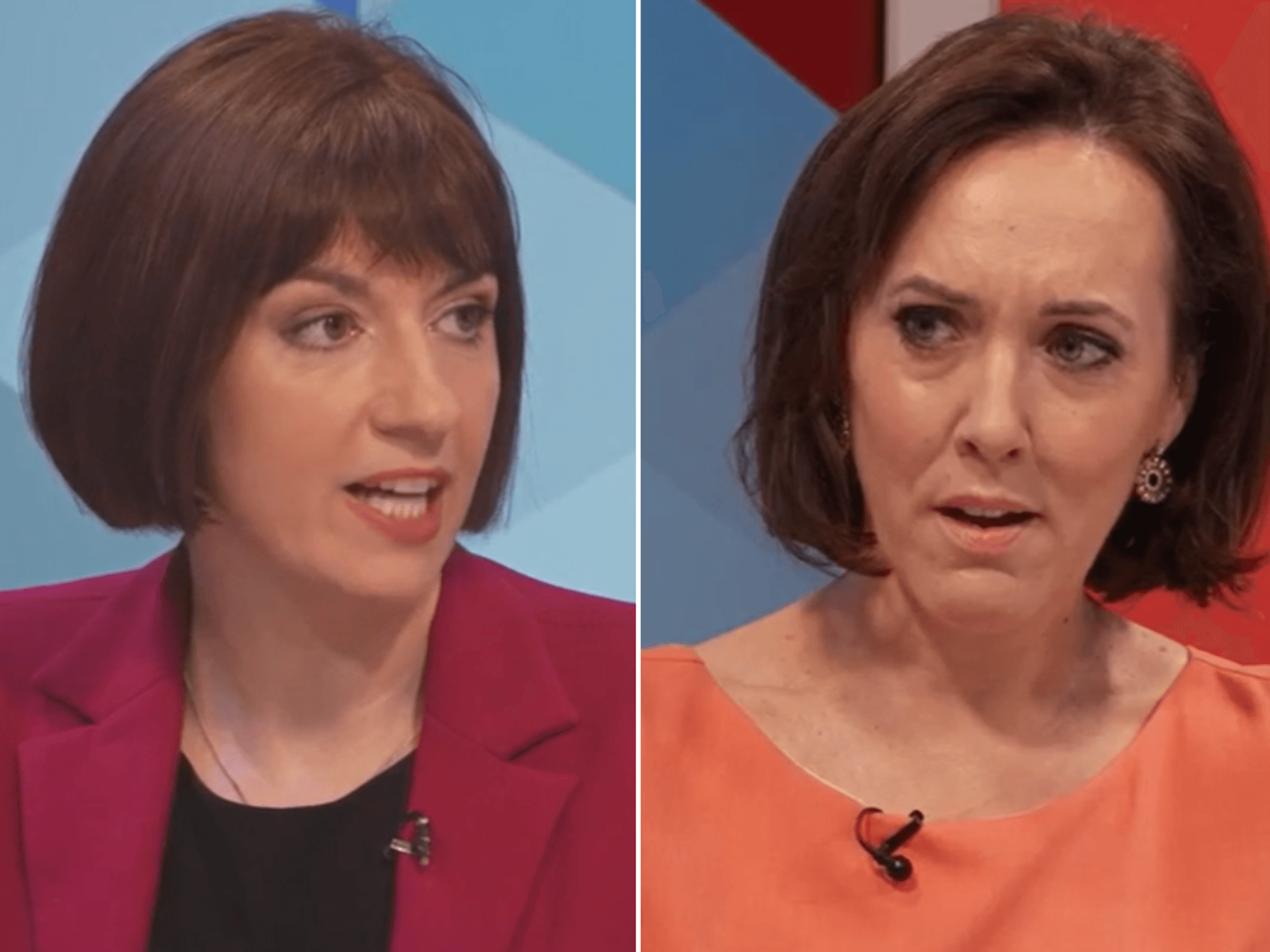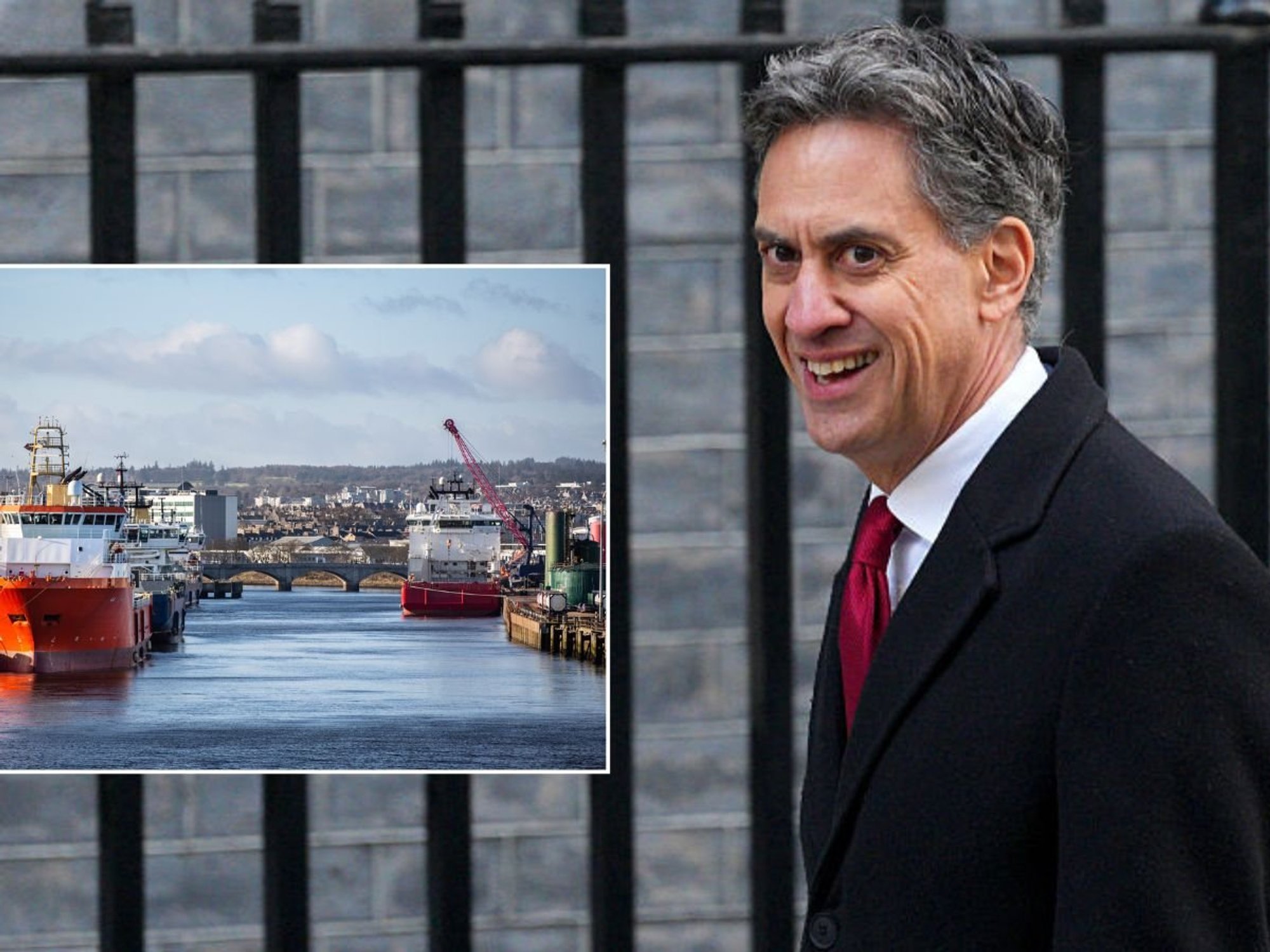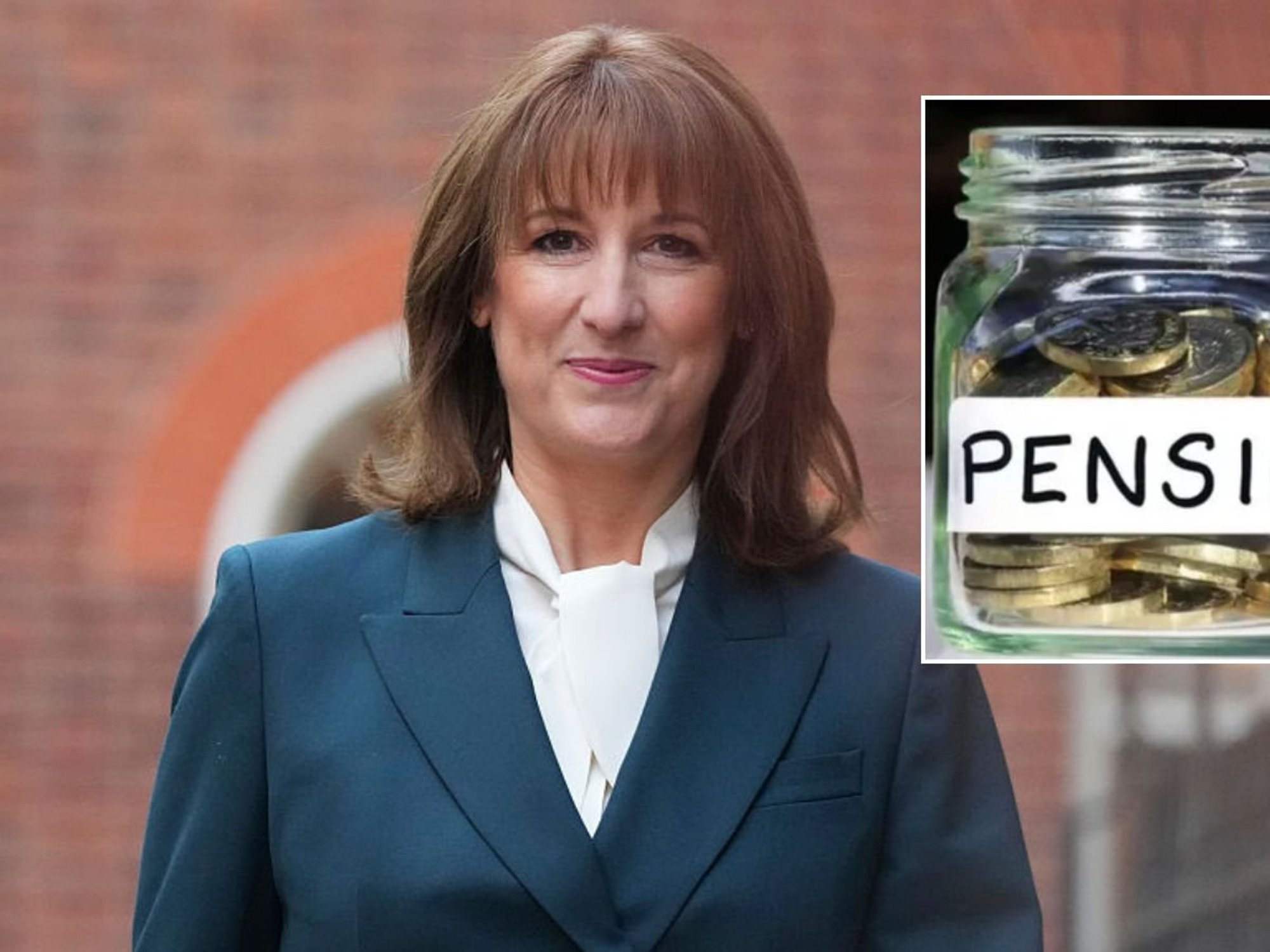Rachel Reeves cracks down on Whitehall overspending by blocking access to emergency funds
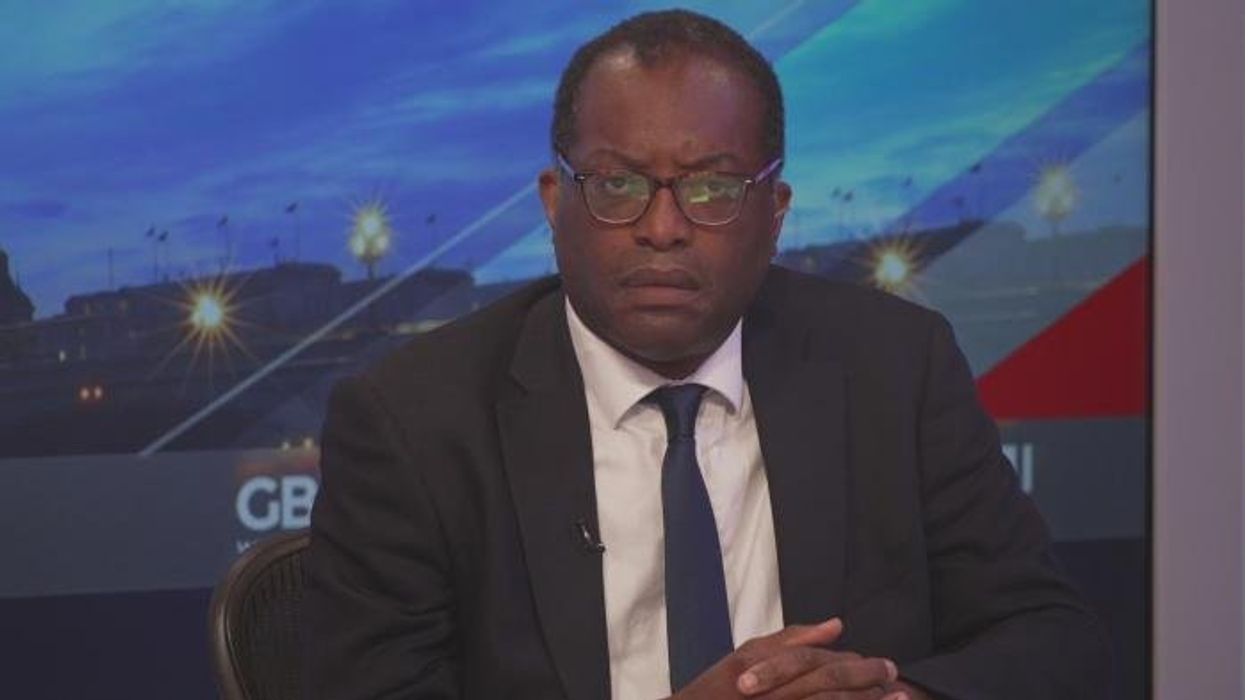
EX CHANCELLOR PREDICTS ‘WEALTH TAX’ TO FUND PUBLIC SECTOR SPENDING INCREASES BY END OF PARLIAMENT |
GB NEWS

Chief Secretary James Murray orders departments to find internal savings as Chancellor Rachel Reeves tightens Whitehall spending ahead of November Budget
Don't Miss
Most Read
Rachel Reeves has jointly decided with the Chief Secretary to restrict access to Treasury emergency reserves for public sector wage increases, in a major tightening of fiscal discipline across Whitehall.
The new restrictions, set out by Chief Secretary to the Treasury James Murray, mean departments will only be permitted to access the reserves "on an exceptional basis".
The move marks a clear departure from previous practice, where departments were occasionally able to rely on emergency funding to cover pay awards they could not afford within existing budgets.
The clampdown comes as the Chancellor prepares for her November 26 Budget, seeking to reinforce financial restraint across government.
TRENDING
Stories
Videos
Your Say
Under the new guidance, ministers must now prove they have exhausted every possible saving before requesting reserve access.
In a letter to all departments, Mr Murray said ministers are expected to manage cost pressures within their existing allocations.
"To keep tight control on public spending, departments must take responsibility for managing pressures and making choices about priorities without relying on the reserve," the letter stated.
The Chief Secretary also instructed departments to accelerate efficiency measures announced in June, including reducing administrative costs across government and affiliated bodies.
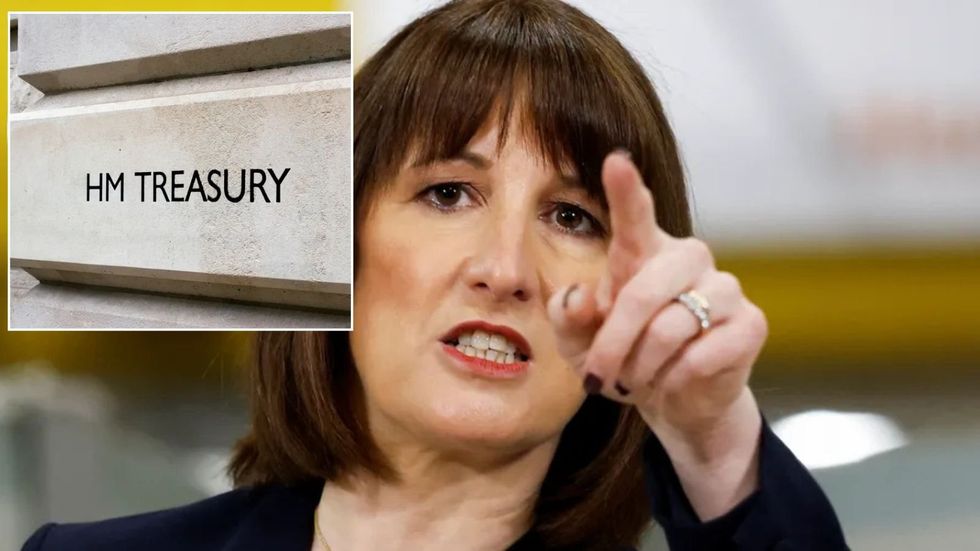
Cabinet ministers have been barred from using Treasury emergency reserves to finance public sector wage increases, in a major tightening of fiscal discipline across Whitehall
|GETTY
Departments have been told to push ahead with digital transformation programmes as part of the wider savings drive.
"I would ask you to respond to any pressures your department faces by making offsetting savings and by taking choices about reprioritisation," Mr Murray wrote.
Any money borrowed from the reserve will now need to be repaid, introducing an additional level of accountability for departments.
Treasury guidance specifies that the reserve is only intended for "genuinely unforeseen, unaffordable and unavoidable pressures" outside departmental budgets.
Latest Development

Any money borrowed from the reserve will now need to be repaid, introducing an additional level of accountability for departments
|GETTY
Downing Street acknowledged that in the past, some departments had sought to use reserve funds to help pay for wage settlements they were unable to finance internally.
Officials said that the combined costs of the 2024-25 and 2023-24 pay settlements contributed significantly to the £22billion overspend inherited by the current administration.
The Prime Minister's spokesman described the decision as "the common-sense approach".
"They ruled out the use of the reserve for public sector pay rises, so any pay rises for the next year need to be funded from existing departmental settlements and departments have to make trade-offs within their budgets in the usual way," the spokesman told journalists.
The Chancellor and Chief Secretary's decision to restrict access to emergency reserves is part of a wider effort to stabilise public finances ahead of the Budget next month.
Ms Reeves outlined the measures to Cabinet colleagues last month, emphasising the need to curb departmental spending to prevent additional borrowing.
Officials said the Treasury intends to reduce the need for future tax increases by enforcing stricter budgetary controls.
According to government figures, the previous administration left behind a £22billion funding gap, largely driven by the cost of public sector wage awards and inflationary pressures.
The new fiscal rules align with June's spending review framework, requiring departments to operate within their current settlements.
The Treasury said the policy underlines its commitment to "responsible financial management" while addressing inherited budgetary challenges.
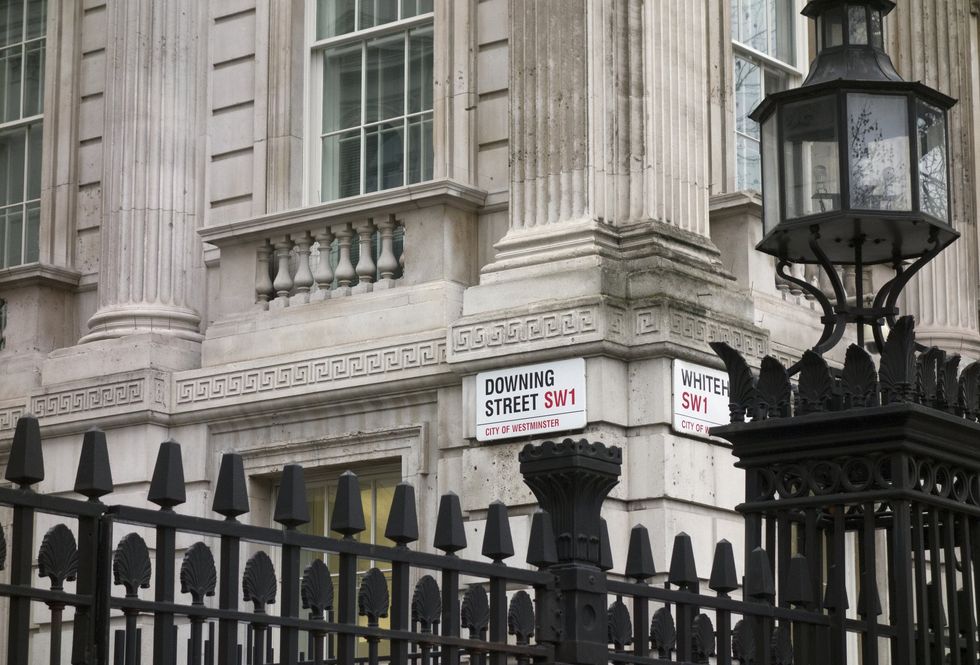
Downing Street acknowledged that in the past, some departments had sought to use reserve funds to help pay for wage settlements they were unable to finance internally
|GETTY
Meanwhile, the Office for National Statistics has revised government borrowing figures downward, providing the Chancellor with a modest £2billion of additional fiscal headroom.
The revision showed that VAT receipts had been overstated, cutting borrowing for the current financial year to August from £83.8billion to £81.8billion.
Despite the correction, borrowing remains well above the Office for Budget Responsibility’s forecast of £72.4billion.
Economists have warned that Ms Reeves may still need to raise taxes in her November Budget to meet her target of eliminating day-to-day borrowing by 2029-30.
More From GB News





